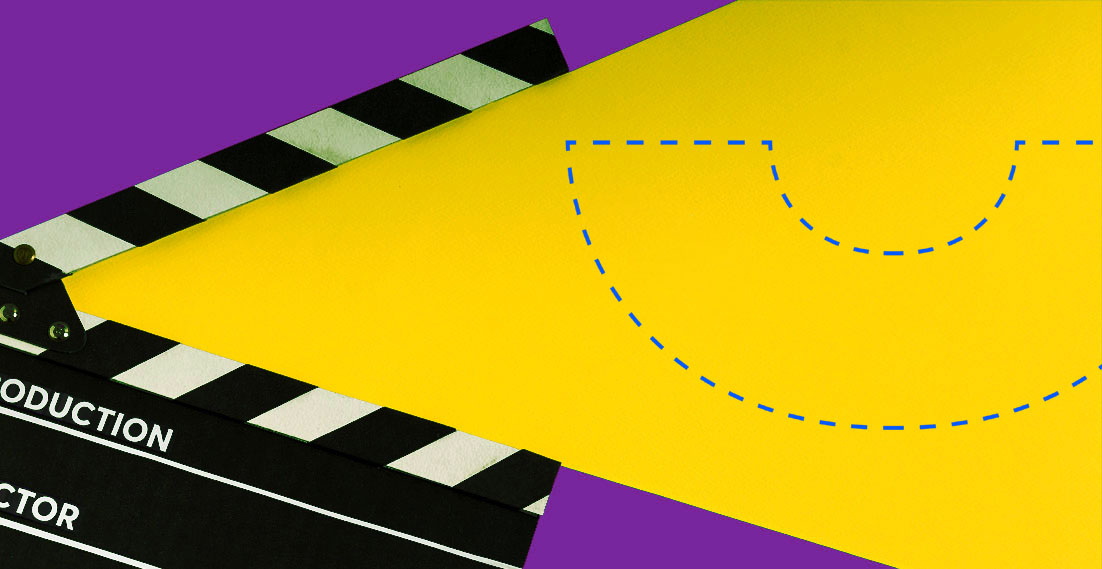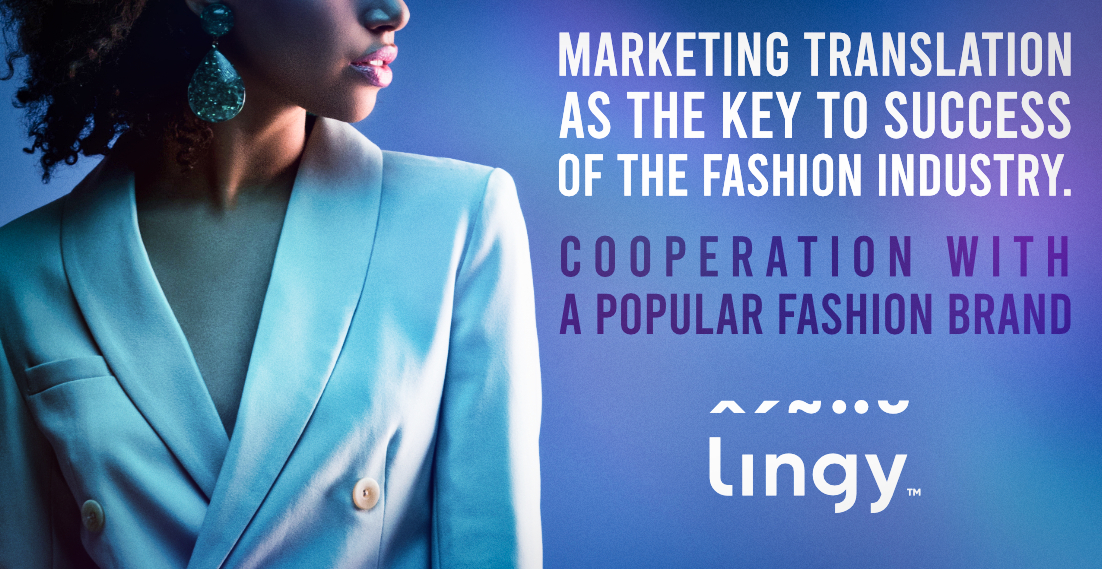Translation of movie titles – why is it so difficult?

Most likely you have come across a situation in which the Polish title of a movie completely did not correspond to its original counterpart. Basically, several factors have an impact on the above and this is not necessarily due to the incompetence of the translator. In many such cases, this is due to issues related to the marketing and distribution of film production. If you are interested in why translating movie titles is a very difficult, but extremely intriguing linguistic task, then we encourage you to read this article.
What are the features of a good title?
Let’s start with the basic issues. What are the features of a good title and how do they occur? This is a very reasonable question and there is basically no standard answer. Some hints can be found in Google. Considering the work of other authors, it can be concluded that a good film title is one that:
• is accessible to the recipient,
• attracts attention,
• intrigues the viewer and encourages them to watch the movie,
• meets current trends,
• it is short and informative, but it does not always refer to the plot.
You can probably list significantly more features of a good movie title, but the ones described above are listed most frequently. Taking into account the movie titles created so far, it is safe to say that the best productions that have achieved the greatest success meet those criteria.
When considering the issue of a good movie title, it is worth considering that sometimes film productions are based on books or stories (film adaptations) and very often have the same title as the original. Example: adaptation of the story Misery by Stephen King or a series of books about Harry Potter. It happens, however, that movie producers change the titles of the original, as was the case with the movie Love, Simon (in Polish: Twój Simon) based on the book Simon vs. the Homo Sapiens Agenda. Interestingly, in this case the success of movie adaptation meant that new editions of the book on the Polish market are already available under the title Twój Simon.
Why is the translation of movies titles so difficult?
You can write a lot about movie titles and how they are created. From the translation point of view, however, a much more interesting issue is how film translators work and how Polish foreign film titles are generated. You have certainly come across a Polish-language title that sounded completely different from its foreign original. So the legitimate question arises – who or what is behind it?
Whole teams work on translations of movie titles
You have probably wondered yourself whether someone responsible for such a translation of a movie title has no clue about actual translations. Well, this is not the case, at least not always, and certainly not when we’re talking about high-budget productions. After all, approximately USD 28 million was allocated for the production of Die Hard (whose Polish title meant Glass Trap in English). Certainly, the producers could afford to hire a professional team of translators, whose task was not only to translate the title, but also to create, for example, subtitles for cinema distribution.
The film business is … a typical business
The example of Die Hard is very relevant, especially given that the production and distribution of films is a huge business. As we mentioned at the beginning, the title has to be approachable, intrigue the audience and be short. If it were decided to literally translate this particular movie title, it would sound bad in Polish. And who would go to the cinema for that? The adopted form of the Polish title sounds much better from a marketing point of view. Another thing is that at the translation stage it was not predicted that there will be further parts. While the first part took place in a glass office building (to which the title referred), in the case of subsequent hits, which took place in other locations, such a translation was not a complete miss.
Let’s stick to business issues related to movie titles for a bit longer. You may have noticed that some movie production names do not coincide completely with the story. What’s more, sometimes they entertain, make you laugh or embarrass. It is worth remembering that in many cases this is a deliberate play, because by doing so, producers want to evoke specific emotions in the audience. When they succeed, people start talking about the movie, which in turn is reflected in increasing recognition of the motion picture. That is why there are such gems in cinematography as Attack of the Killer Tomatoes, Santa Claus Conquers the Martians or A Nymphoid Barbarian in Dinosaur Hell. Without going into the quality of these productions, you must admit that their titles arouse interest. Do you feel the temptation to watch any of these movies to satisfy your curiosity about the plot?
Translation of movie titles is not always needed
By the way, the film market is governed by similar laws as any other, at least with regard to the basic assumptions. So there is demand and supply, as well as better and worse productions. It applies not only to the quality of editing or acting, but also to the movie titles themselves. Although in the latter case, quality is a questionable issue, because as we mentioned earlier – the title as such is often supposed to meet more business and marketing goals than the literary needs of its author.
The case is very similar when it comes to translation of movie titles. Which version will be presented in another country depends primarily on the marketing strategy adopted. So sometimes the translations of the titles are true to the original. In other cases, the original title is only slightly revised, such as Polish Django, orig. Django Unchained. It also happens that on foreign markets film production is distributed in the original version, as was the case with Pulp Fiction or Gran Torino.
Nuances of translating movie titles
Putting it all together, it appears that the translation of movie titles is an activity that is determined not only by purely philological issues. It is also influenced by business, marketing, and sometimes purely literary issues. The very selection of the original movie title is the subject of long and detailed analyses, which are the responsibility of the director, and often also of the film studio. After all, in many cases he/she has to summarize an hour and a half, and sometimes a three-hour movie. There are also examples where the title does not refer to the story at all, and its only purpose is to evoke specific emotions among the audience.
Movie translator – half writer, half marketer
All this contributes to the fact that the work of a movie translator is extremely difficult. The person who deals with this must be thoroughly familiar with all the nuances, overtones, ambiguities and other aspects related to the movie, and at the same time not be based on any context. Such a translator cannot base their work on his/her own values and associations, and hence – he/she must take the point of view of the director and all the people who worked on the production. In this sense, this activity appears to be the only specialist translation of its kind that only someone with the right skills and experience can do.
Translating movie titles in this sense can be a tricky task in which you not only refer to the emotions of the recipient, but first of all give a specific meaning. The translator must take into account not only the rhythmic restrictions (literary and poetic context), but also remember commercial issues (marketing context). All this contributes to the fact that movie translations are a very specific and demanding field that can still give translators a lot of satisfaction. Especially when working on a large and well-known production in which fantastic people are involved.
Other articles:
Audiovisual translation – what is it?
Braille – everything you need to know about it
Emoticons and emojis – images in the world of words
Translation? Trust our professionals!
Marketing translation as the key to success of the fashion industry. Cooperation with a popular fashion brand
We cooperated with many customers on a daily basis. They include local companies, international enterprises and well-known brands. What are the similarities between all of them? Everyone expects high-quality translations that will help in business development. Additionally, professional translations affect their image, contribute to the opinions of recipients and are the decisive factor when it […]
Hemingway Editor and other tools for text proofing and translation
Typically, content writers first note down the message they wish to put across to their audience. Then, they re-read and edit the text. This way, they can achieve better readability, understanding and structure, and at the same time they can correct any errors in the content. It is a complex process, but fortunately there are […]
Translation of advertising slogans – how not to fall into the language trap?
Advertising translation involves the process of transferring advertising messages from one market to another. The advertising discourse is created in a language that is not only a communication tool, but also an expression of culture. This makes ad translation a highly accuracy-demanding activity. Translating slogans requires both a cultural and linguistic connection. Adapting a brand […]
TOP 8 languages for e-commerce purposes. Sourcing customers around the world
Do you manage an e-shop and want to source customers abroad to increase profit? Translations will be the basis for reaching foreign recipients with your offer. You need to start speaking their language and adjust product or service descriptions to the country where you intend to sell them. You’re probably wondering which languages to start […]



